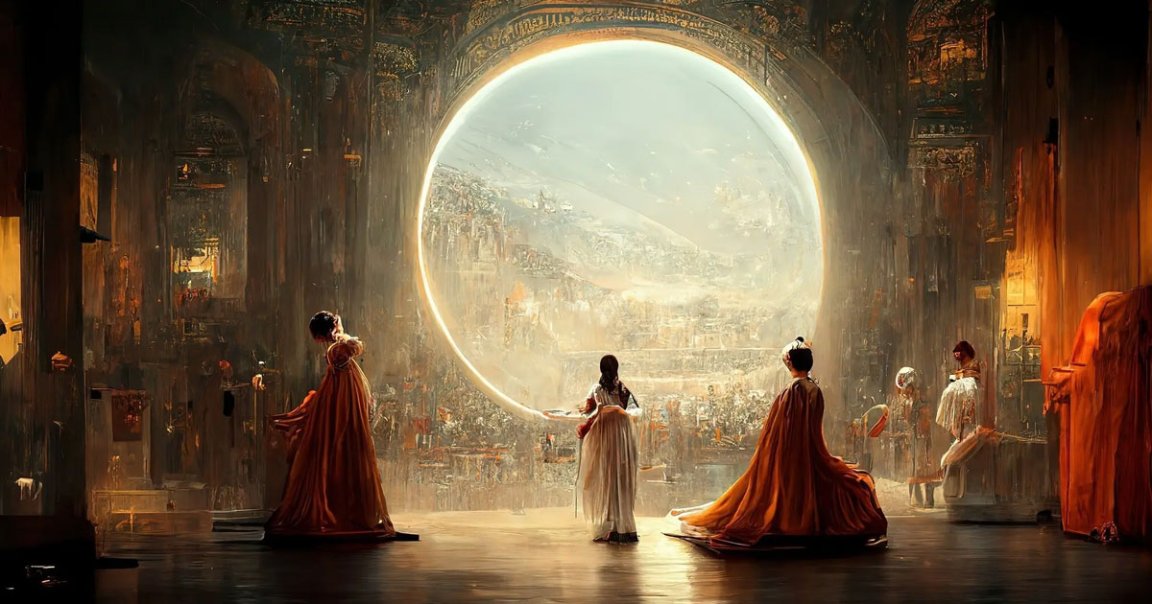
Soap Opera
Remember that guy who won the Colorado State Fair’s fine art competition with an AI-generated painting?
Just over a year ago, a guy named Jason Allen submitted an artwork titled “Théâtre D’opéra Spatial,” a depiction of a sci-fi-inspired scene of an opera performance, to the competition — and won first prize, pissing off a lot of artists across the globe in the process.
Why? Because Allen used the AI image-generating tool Midjourney to come up with the image, arguably demonstrating his skill as a prompt engineer, but not an actual painter.
Now, the US Copyright Office has refused to hand Allen copyright protection for the work, Reuters reports — despite him appealing the decision.
It’s yet another decisive moment in the evolving legal status of AI-generated art, striking a blow against those who claim to be original artists for work they generated using AI.
Copywrong
In a ruling last week, the US Copyright Office denied Allen’s appeal, since the artwork contained “more than a de minimis amount of content generated by artificial intelligence.”
“Because Mr. Allen is unwilling to disclaim the AI-generated material, the Work cannot be registered as submitted,” the Office wrote. In other words, Allen has to fully acknowledge that he didn’t actually create the work himself when applying for copyright, something that has plenty of legal precedent, as Ars Technica points out.
In his original request for copyright protection, Allen argued that he had to revise his prompts “at least 624 times” to get to the resulting artwork, and had to go through the laborious process of editing the AI-generated image with Photoshop.
Allen refused to disclaim that he was using Midjourney, causing the Copyright Office to initially deny his application. That didn’t sit right with Allen, who argued in his appeal that the “Office is placing a value judgment on the utility of various tools.”
But the appeal failed.
“If this stands, it is going to create more problems than it solves,” Allen told Reuters. “This is going to create new and creative problems for the copyright office in ways we can’t even speculate yet.”
More on AI art: Artists Sue Stable Diffusion and Midjourney for Using Their Work to Train AI That Steals Their Jobs